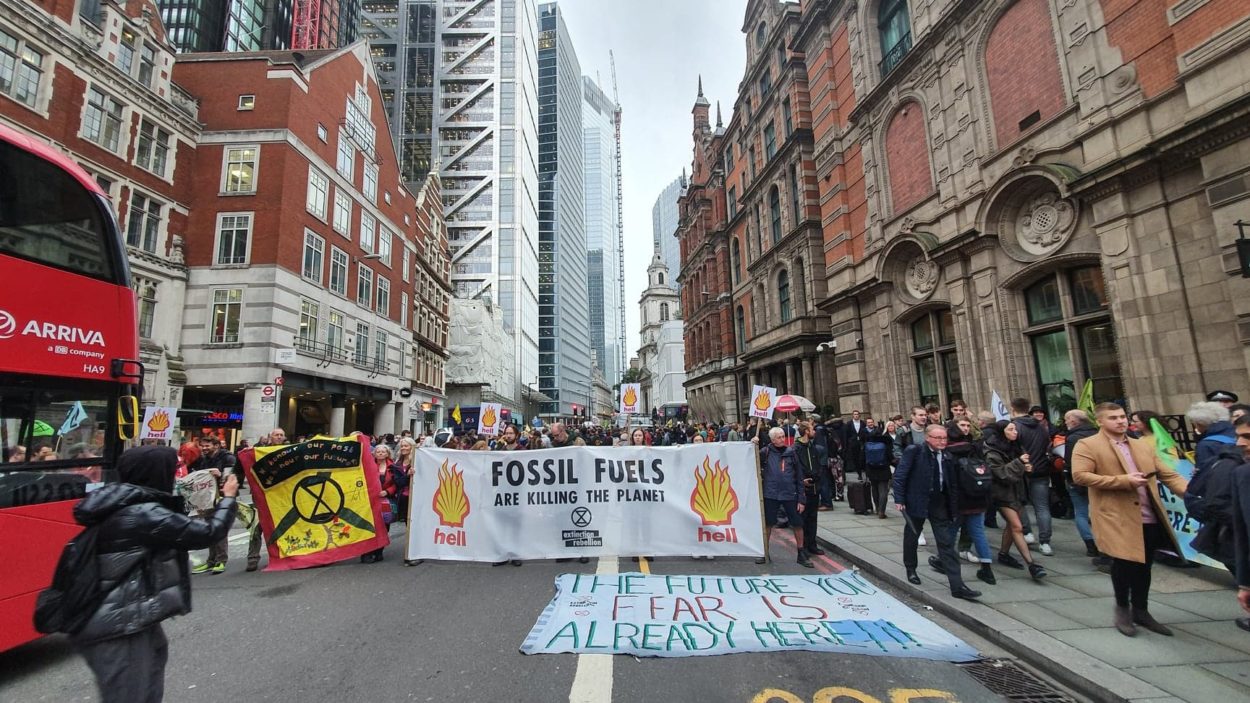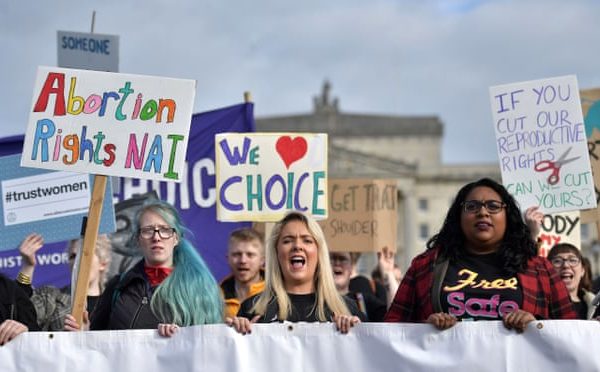Extinction Rebellion (XR), the environmental movement which employs non-violent civil disobedience to demand action on the climate crisis, will soon be a year old. The group’s second ‘International Rebellion’ took place during October, with some 30,000 activists taking to the streets of London and over 1,700 arrested in the UK. Unlike the first rebellion in April, this time XR went global, with uprisings happening across Europe, South America, Australia and Africa. It goes without saying that in the UK, XR has managed to put the issue of the climate crisis firmly in the public consciousness, where past movements have struggled to. Whether this is due to the different approach to the issue through the use of civil disobedience, or simply just good timing given that XR launched at a similar time to the release of the IPCC’s sobering report telling us we have 12 (11 now) years left to take radical action on climate change, is still up for debate. It is undeniable however that XR have been somewhat successful, forcing parliament to declare a climate emergency in May as a result of the April rebellion, and changing public opinion on the urgency of the climate crisis. The next steps taken by this young movement will surely shape it’s future.
There has been a lot of criticism levelled at XR over the past months, much of it warranted, focusing primarily on its simplistic messaging and insensitive actions, which often erase the experience of others. For example, XR’s strategy of outwardly showing love and gratitude to police officers have hurt many communities who suffer at the hands of systemic racism endemic in the police institution. Many have criticised the tactic of mass arrest, rightly pointing out that for many people who are disproportionately likely to be treated unfairly by the police and the legal system due to the colour of their skin, arrest simply isn’t an option. A recent action that targeted public transport in Canning Town, a station used by many working-class people, failed to acknowledge that climate change is a class issue and was widely touted as targeting the wrong people, ie. not the people in power. XR needs to adopt an intersectional approach and recognise that the climate crisis isn’t just about climate change but will also exacerbate existing inequalities and systems of oppression. It is only through looking at the climate crisis through an intersectional lens, and building this into its systems of organising, that XR will become a true, representative mass movement to be reckoned with.







Leave a Comment